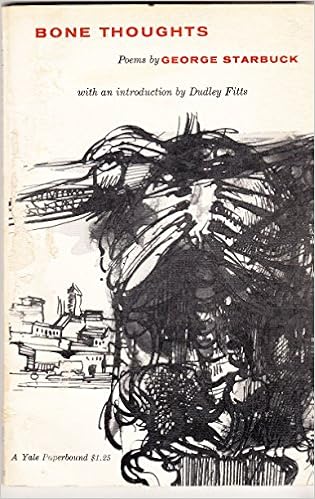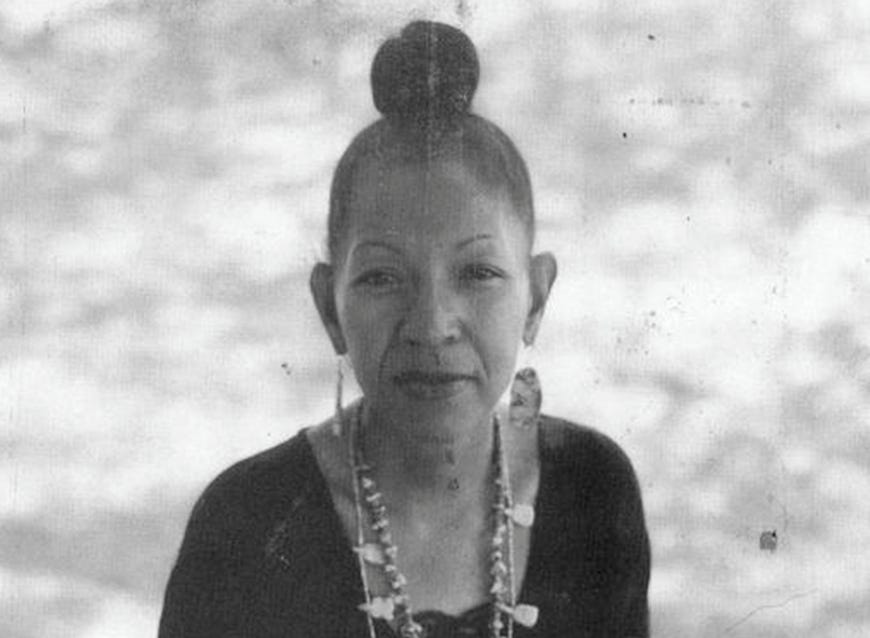
Windfall
There is a wretched pond in the woods. It lies on the north end of a
piece of land owned by a man who was taken to an institution years
ago. He was a strange man. I only spoke to him once. You can still
find statues of women and stone gods he set up in dark corners of the
woods, and sometimes you can find flowers that have survived the
collapse of the hidden gardens he planted. Once I found a flower
that looked like a human brain growing near a fence, and it took my
breath away. And once I found, among some weeds, a lily white as
snow....No one tends the land now. The fences have fallen and the
deer grown thick, and the pond lies black, the water slowly
thickening, the banks tangled with weeds and grasses. But the pond
was very old even when I first came upon it. Through the trees I
saw the dark water steaming, and smelled something sweet rotting,
and then as I got closer, I saw in the dark water shapes, and the
shapes were golden, and I thought, without really thinking, that I
was looking at the reflections of leaves or of fallen fruit, though
there were no fruit trees near the pond and it was not the season for
fruit. And then I saw that the shapes were moving, and I thought
they moved because I was moving, but when I stood still, still they
moved. And still I had trouble seeing. Though the shapes took on
weight and muscle and definite form, it took my mind a long time
to accept what I saw. The pond was full of ornamental carp, and they
were large, larger than the carp I have seen in museum pools, large
as trumpets, and so gold they were almost yellow. In circles, wide
and small, the plated fish moved, and there were so many of them
they could not be counted, though for a long time I tried to count
them. And I thought of the man who owned the land standing where
I stood. I thought of how years ago in a fit of madness or high faith
he must have planted the fish in the pond, and then forgotten them,
or been taken from them, but still the fish had grown and still they
thrived, until they were many, and their bodies were fast and bright
as brass knuckles or cockscombs. I tore pieces of my bread and
threw them at the carp, and the carp leaped, as I have not seen carp
do before, and they fought each other for the bread, and they were
not like fish but like gulls or wolves, biting and leaping. Again and
again, I threw the bread. Again and again, the fish leaped and
wrestled. And below them, below the leaping fish, near the bottom
of the pond, something slowly circled, a giant form that never rose
to the bait and never came fully into view, but moved patiently in
and out of the murky shadows, out and in. I watched that form, and
after the bread was gone and after the golden fish had again grown
quiet, my mind at last constructed a shape for it, and I saw for the
space of one moment or two with perfect clarity, as if I held the
heavy creature in my hands, the tarnished body of an ancient carp.
A thing both fragrant and foul. A lily and a man’s brain bound
together in one body. And then the fish was gone. He turned and
the shadows closed around him. The water grew blacker, and the
steam rose from it, and the golden carp held still, still uncountable.
And softly they burned, themselves like flowers, or like fruit blown
down in an abandoned garden.
-from The Orchard





.jpg)




